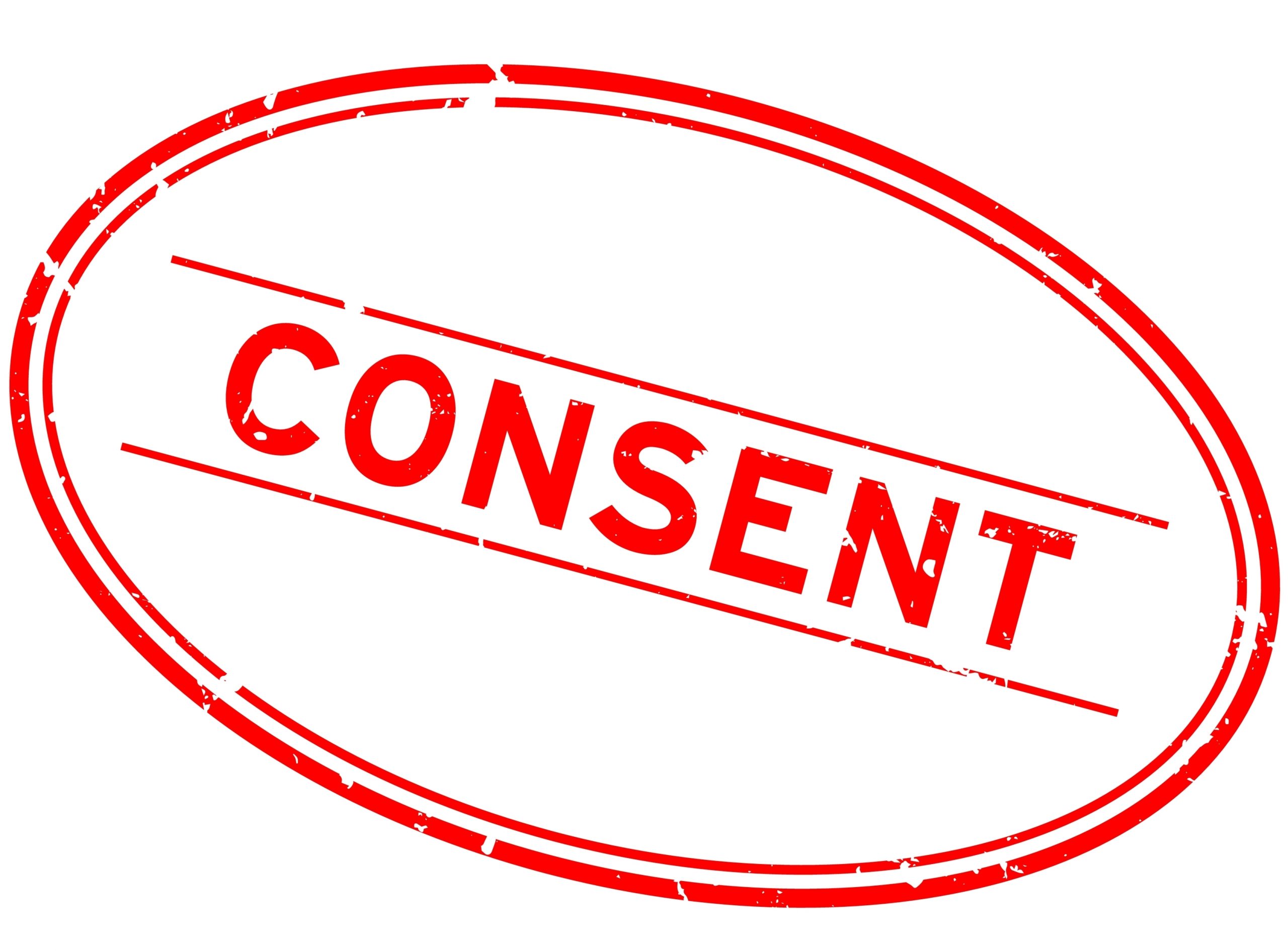In the realm of telemarketing, obtaining and documenting consumer consent is paramount to ensure compliance with regulations and to foster trust with consumers. The Federal Trade Commission (FTC) and the Federal Communications Commission (FCC) have established clear guidelines on what constitutes valid proof of consent. (FTC)
Understanding Proof of Consent
Proof of consent refers to verifiable evidence that a consumer has knowingly and willingly agreed to receive telemarketing communications. This consent must be explicit, informed, and documented appropriately.
Types of Consent
- Express Written Consent
This involves a written agreement where the consumer explicitly authorizes the seller to initiate telemarketing calls. The agreement must:
- Identify the specific seller: The consent must clearly state the name of the seller who will be making the calls.
- Include the consumer’s signature: This can be an electronic or digital signature, compliant with the E-SIGN Act.
- Specify the phone number: The number to which the calls may be placed must be clearly indicated.
It’s important to note that maintaining a list of IP addresses and timestamps alone is insufficient to demonstrate consent. The FTC emphasizes the need for a direct agreement between the consumer and the specific seller. (ActiveProspect)
- Verbal Consent
In certain situations, verbal consent may be acceptable, provided it is:
- Clearly articulated by the consumer: The consumer must verbally agree to receive calls.
- Recorded and stored securely: The telemarketer should retain a recording of the consent for verification purposes.
While verbal consent can be valid, it carries more risk due to potential disputes; thus, written consent is often preferred.
Key Elements of Valid Consent
-Clear and Conspicuous Disclosure: Before obtaining consent, consumers must be informed about:
- The purpose of the calls.
- The identity of the seller.
- The nature of the goods or services being offered.
– Unambiguous Agreement: The consumer’s consent should be an affirmative act, such as signing a form or clicking an “I agree” button, indicating a clear intention to receive calls.
– No Pre-Checked Boxes: Consent obtained through pre-selected options does not meet the required standards.
Recordkeeping Requirements
Telemarketers are required to maintain records of all consents for a minimum of five years. These records should include:
- The consent form or recording.
- Date and time the consent was obtained.
- Method of obtaining consent (e.g., online form, phone call).
Proper documentation is crucial, especially in the event of a dispute or regulatory inquiry. (FTC)
How CallShaper Assists in Compliance
Navigating the complexities of consent documentation can be challenging. CallShaper, a leading cloud-based call center software, offers features designed to ensure compliance with consent requirements:
- Automated Consent Recording: CallShaper allows for the seamless recording and storage of verbal consents, ensuring that all necessary details are captured and easily retrievable.
- Secure Data Storage: All consent records are stored securely within the platform, safeguarding against data breaches and unauthorized access.
- Easy Retrieval System: In the event of an audit or customer inquiry, CallShaper’s intuitive interface enables quick access to consent records, reducing administrative burdens.
- Integration with Consent-Based Marketing Tools: Through partnerships with consent platforms, CallShaper enhances its ability to document and verify proof of consent, providing an added layer of compliance assurance. (CallShaper)
Take Action Today
Ensure your contact center remains compliant and efficient with CallShaper’s cutting-edge solutions. Contact us today to learn how our platform can help streamline your consent management and compliance efforts.
Sources
– FTC: New Robocall Regulations (2024)
– TCPA Compliance Updates (2024)
– FTC Consumer Protection Rule


Leave A Comment